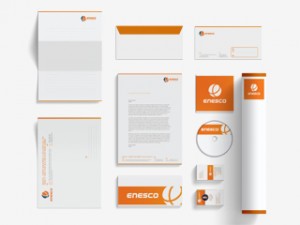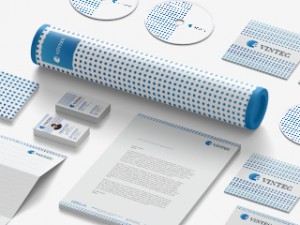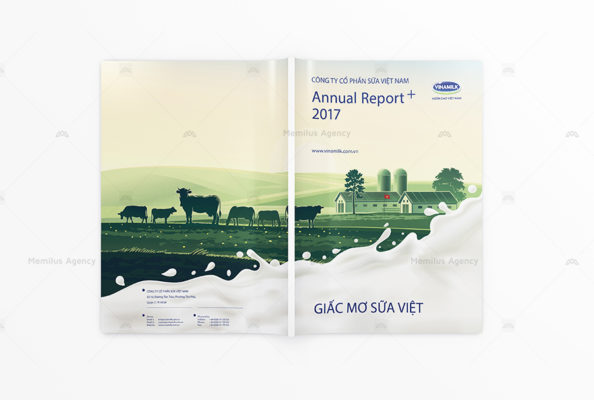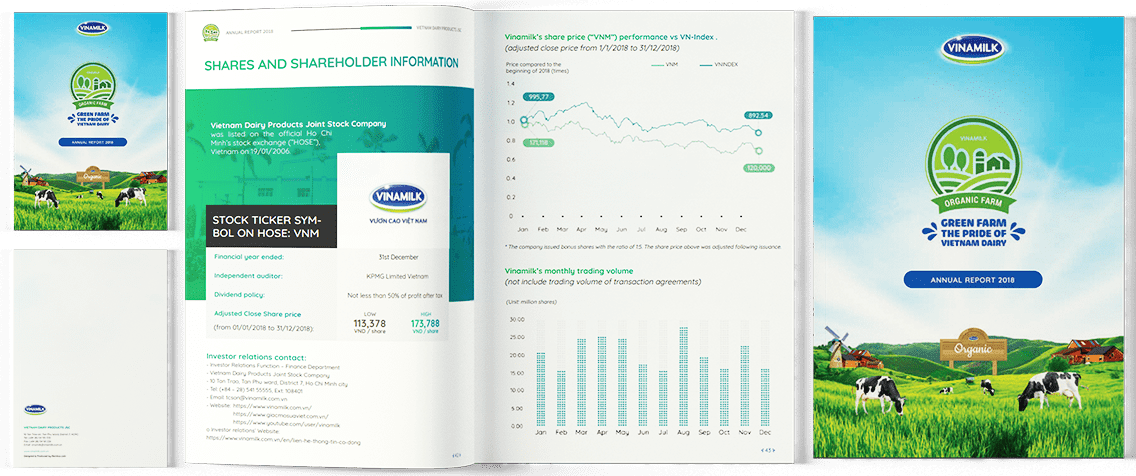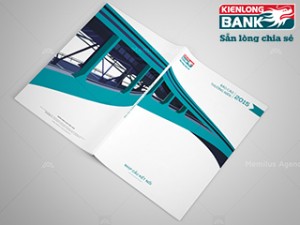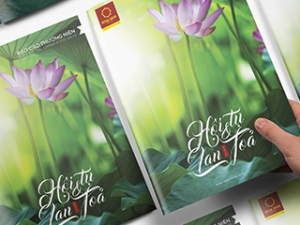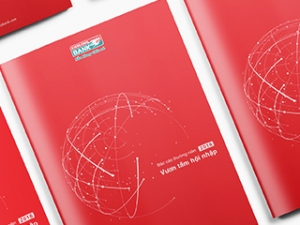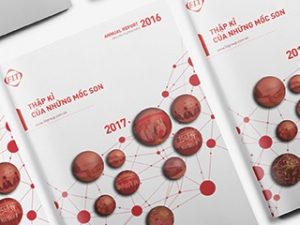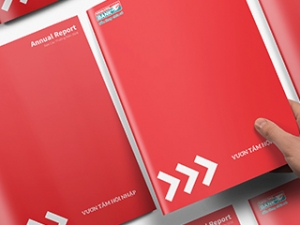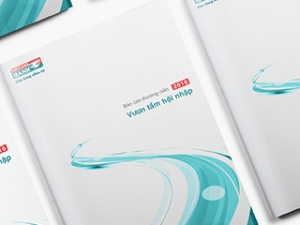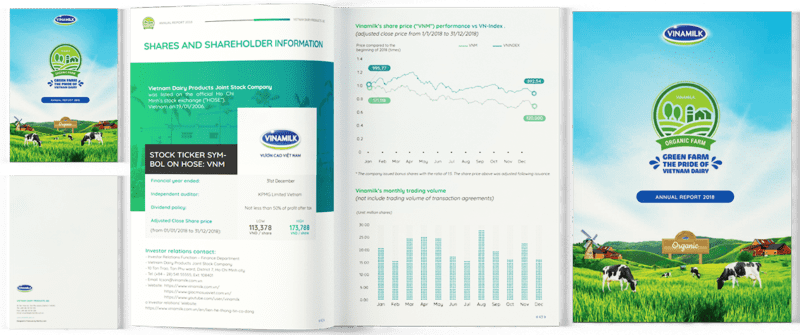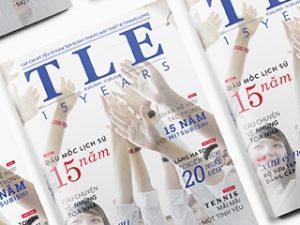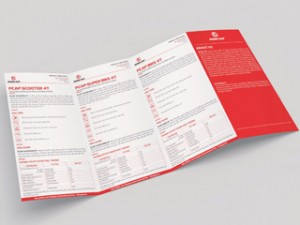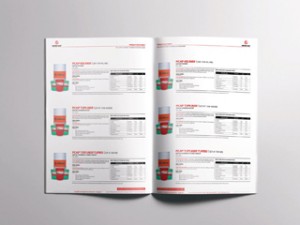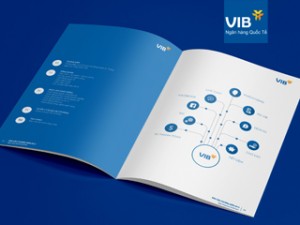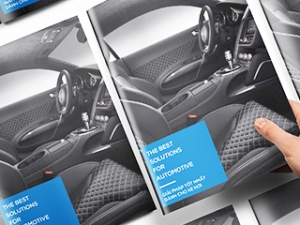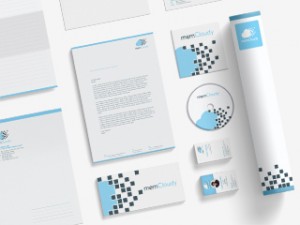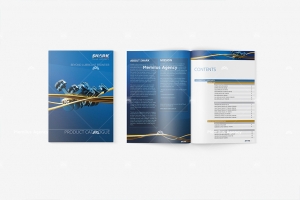Mục lục
- I. Định nghĩa động từ khiếm khuyết (khuyết thiếu)
- 1. Modal verbs ở thì hiện tại và tương lai
- 2. Modal verbs ở thì quá khứ
- II. Các động từ khiếm khuyết thường gặp
- 1. Modal Verb diễn tả sự việc ở hiện tại hoặc tương lai
- 2. Modal Verb diễn tả phỏng đoán, suy luận, giả định trong quá khứ
- III. Bài tập
- IV. Đáp án
Động từ khiếm khuyết hay còn gọi là động từ khuyết thiếu được xem là một điểm ngữ pháp khá quan trọng trong chương trình phổ thông cũng như trong các kì thi tuyển sinh quốc gia. Trong khuôn khổ bài viết này, Kienthuctienganh sẽ tổng hợp nội dung lý thuyết của động từ khiếm khuyết cả cơ bản và nâng cao. Rất mong bạn đọc sẽ đón nhận nhiệt tình!
I. Định nghĩa động từ khiếm khuyết (khuyết thiếu)
Ví dụ:
Will you go to the cinema with me tomorrow? (Bạn sẽ đi xem phim với tôi ngày mai chứ?)
1. Modal verbs ở thì hiện tại và tương lai
2. Modal verbs ở thì quá khứ
II. Các động từ khiếm khuyết thường gặp
1. Modal Verb diễn tả sự việc ở hiện tại hoặc tương lai
Modal verbs | Cách dùng | Ví dụ |
|---|---|---|
1. Can | – Diễn đạt khả năng ở hiện tại hoặc tương lai. | – I can swim. (Tôi có thể bơi.) |
2. Could | – Could là thì quá khứ đơn của can. | – He could read when he was 4. (Cậu bé có thể đọc khi cậu lên 4 tuổi) |
3. Will | – Diễn tả sự việc có thể xảy ra trong tương lai | – I will go to school tomorrow. (Ngày mai tôi sẽ đi học.) |
4. Would | – Dùng trong câu điều kiện loại 2 và loại 3. | – If I had had a map, I wouldn’t have got lost. (Nếu tôi có bản đồ thì tôi đa không bị lạc.) |
5. Must | – Must có nghĩa là “phải”, dùng để diễn tả một mệnh lệnh hay một sự bắt buộc. | – You must learn English. (Con phải học tiếng Anh.) |
6. Have to | – Diễn tả một sự cần thiết. | – You have to eat healthy food. (Con phải ăn đồ ăn dinh dưỡng.) |
7. May/ Might | – Diễn tả một yêu cầu lịch sự. | – May I go out? (Em có thể ra ngoài không?) |
8. Shall | – Dùng trong thì Tương lai đối với chủ ngữ là I và We. | – I shall study Chinese soon. (Tôi sẽ học tiếng Trung sớm.) |
9. Should | – Diễn tả lời khuyên hay ý kiến. | – You should lose weight. (Bạn nên giảm cân đi.) |
10. Ought to | – Ought to nghĩa là “nên”, diễn tả lời khuyên, được dùng giống như “Should” | – He ought to ask for his parents’ permission. (Anh ta nên xin phép bố mẹ.) |
11. Have got to | – Diễn tả sự cần thiết. | – I have got to go to class today. (Hôm nay tôi phải đi học.) |
12. Be going to | – Kế hoạch chắc chắn xảy ra. | – I am going to see you tomorrow. (Mai tôi sẽ gặp bạn.) |
13. Be able to | – Diễn tả khả năng, giống “can”. | – I am able to sing. (Tôi có thể hát.) |
14. Needn’t | – Diễn tả sự không cần thiết. | – You needn’t do this work. (Con không cần làm việc này.) |
2. Modal Verb diễn tả phỏng đoán, suy luận, giả định trong quá khứ
Modal verbs | Cách dùng | Ví dụ |
|---|---|---|
1. Can’t/Couldn’t + have + V3/ed | – Can’t have và Couldn’t have: chắc chắn đã không, trái với Must have | – The teacher can’t have noticed you. (Cô giáo chắc chắn đã không thông báo cho bạn.) |
2. Could/ May/ Might + have + V3/ed | – Nghĩa là: có thể đã/ có lẽ đã | – It may have rained last night. (Tối hôm qua trời có lẽ đã mưa.) |
3. Must + have + V3/ed | – Nghĩa là: chắc chắn đã | – You must have lost your wallet. (Bạn chắc chắn đã làm mất ví rồi.) |
4. Should/ Ought to + have + V3/ed | – Nghĩa là: lẽ ra nên (nhưng thực tế không làm) | – You should have told him the truth. (Bạn lẽ ra nên kể cho anh ta nghe sự thật.) |
5. Would + have + V3/-ed | – Nghĩa là: đáng lý ra đã làm gì (nhưng thật chất là không làm) | – I would have bought this car but I didn’t have enough money. (Lẽ ra tôi đã mua chiếc xe này nhưng tôi không đủ tiền) |
6. Needn’t + have + V3/-ed | – Nghĩa là: lẽ ra không cần phải | – You needn’t have given me books. (Bạn lẽ ra không cần đưa sách cho tôi.) |
III. Bài tập
Exercise 1: Complete each sentence so that it contains might, might not, must, mustn’t, can or can’t. More than one answer may be possible.
1. Don’t stand up in the boat! You
2. Sue says she’s stuck in traffic and she be late.
3. You really start spending more time on your work.
4. Tell Peter he. stay the night here if he wants to.
5. That’s a really stupid idea! You be serious, surely!
6. You realize it, but this is very important to me.
7. Don’t be silly. You expect me to believe you!
8. We’re not sure but we go to Prague for Christmas this year.
9. I learn to fly! You be joking!
10. Bill cooked the lunch, so you expect anything special!
Exercise 2: Fill in the blank with must have been, can’t(couldn’t) have been, have to/had to (be) and didn’t have to (be):
1. He knows a lot about flying plane. He
2. Veraat the supermarket this morning. I didn’t see her there.
3. Johnat the bank until 10, so he arrived here five minutes ago.
4. When sheat the hospital? Early this morning.
5. We had enough foreign currency left at the end of the holiday, so Ibuy any more.
6. Monica knew exactly what to do. I tell her twice.
7. Therean accident on South Street because the road is closed off.
8. I left a message on your answer phone last night. Youout.
9. You waiting long. After all, I’m only five minutes late.
10. The fire alarm went and weout of the building in two minutes.
Exercise 3: Rewrite the following sentences using the given words
1. I think you should give up smoking immediately. (had)
I think you
2. It’s necessary for me to bring my passport. (have)
I
3. It’s very inconvenient if you can’t drive. (able)
4. I am sure that John is not the thief. (can’t)
5. I am sure that the cat is in the house somewhere. (must)
Exercise 4: Rewrite the following sentences using the given words
1. I’m sure that you didn’t lock the front door. Here is the key.
You can’t
2. It was quite unnecessary for you to carry all those parcels home yourself.
You
3. It was careless of you to leave the windows open last night.
You shouldn’t
4. I’m sure it wasn’t Mrs. Mai you saw because she is in Boston.
It can’t
5. I’m sure Alison made arrangement. I recognized her voice.
It must
6. Maybe John’s working this weekend.
John
7. I’m sure he didn’t know that his brother was seriously ill.
He couldn’t possibly
8. I didn’t apologize. That was wrong of me.
I should
9. I am sure it was Judy that I saw in town this morning
It must
10. It wasn’t necessary for me to go out after all.
I needn’t
Exercise 5: Rewrite the following sentences using the given words
1. I am sure you were surprised when you heard all the news (must)
You
2. It wasn’t necessary for you to do all this work (needn’t)
You_all this work
3. Someone almost certainly broke the window on purpose. ( must)
The window_on purpose
4. I’m sure you are very tired after working so hard. (must)
You_ after working so hard.
5. It is possible that one of the men died on the mountain. (may)
One of the men_on the mountain.
6. I’m sure that you were driving too fast (been)
You_ too fast.
7. The thief almost certainly came in through the window. (come)
The thief_ through the window.
8. If he is not in the office, then I’m sure he’s working at home ( must)
If he is not in the office, he_
IV. Đáp án
Exercise 1: Complete each sentence so that it contains might, might not, must, mustn’t, can or can’t. More than one answer may be possible.
1. might
2. might
3. must
4. can
5. can
Hướng dẫn lấy password để xem tiếp bài viết:
Động từ khiếm khuyết – Modal Verbs







































